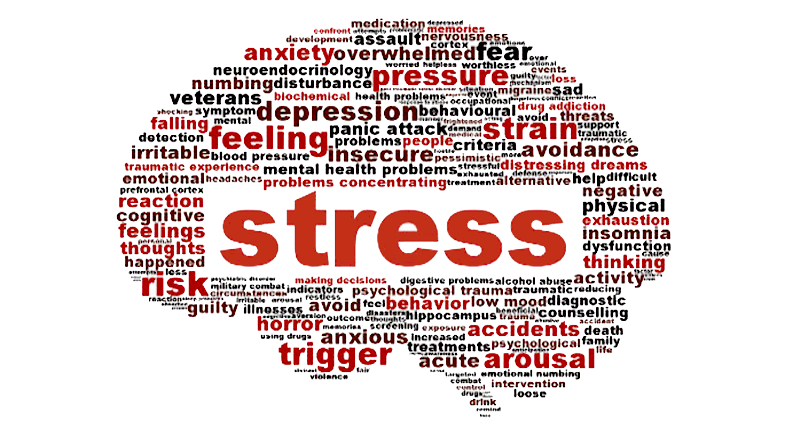A lot of people come to me and say that their stress level is on the rise this time of year and they are not sure what to do about it. Well first let me say that we a put way too much emphasis on a season of the year that is designed to slow down and ponder. The danger of stress is it accumulates, unless dealt with as it is happening, and will eventually lead to burn out. As a pastor I need to be aware of the amount of stress that the volunteers in my church are under and ensure that they are not taking on too much.
With all of that said, in this essay I will present the signs and symptoms and in the next essay I will present some ideas on how we can adjust and learn to deal with stress before it gets to burn out.
Stress seems to be a normal part of life but if we understand ourselves and the signs and the symptoms usually stress can be dealt with in the normal course of our lives. So what do we need to look for?
1. Exhaustion – A clear sign is feeling tired all of the time. This can be emotional, mental, or physical. It is a sense of not having any energy or being completely spent.
- Lack of Motivation – When you have lost your enthusiasm for something you usually like to do or you have lost that internal motivation for what you like to do. If it is harder to get going in the morning or you feel like you are dragging yourself to work, that is a clear indication that something is wrong.
- Frustration, Cynicism, and Other Negative Emotions – You may feel like what you are doing does not matter anymore or you may be disillusioned with everything. You might notice that you feel more generally pessimistic than you used to. While we all experience negative emotions from time to time, it’s important to know when these are becoming unusual for you.
- Cognitive Problems – Burnout and Chronic Stress may interfere with your ability to pay attention or concentrate. Stress narrows our attention to focus on the negative elements that we perceive as threats. In the short term, this helps us deal with the problems at hand. When stress becomes chronic, this narrow focus continues for a long period of time and we have difficulty paying attention to detail.
- Slipping Job Performance – Compare your job performance now to your job performance in previous years. Because burnout tends to happen over an extended period of time, taking this long-term view might reveal whether you’re in a temporary slump or experiencing more chronic burnout.
- Interpersonal Problems at Home and at Work – This tends to play out in two ways;
a. You’re having more conflicts with other people, such as getting into arguments, or
b. You withdraw, talking to your coworkers and family members less.
You might find that when you are physically present you are tuned out more. - Not Taking Care of yourself – When we suffer from burnout we sometimes engage in unhealthy coping strategies like drinking too much, smoking, being too sedentary, eating too much junk food, not eating enough or not getting enough sleep. Self-medication is another issue and could include relying on sleeping pills to sleep, drinking more alcohol at the end of the day to de-stress or even drinking more coffee to summon up the energy to drag yourself into work in the morning.
- Being Preoccupied with Work – When you’re not at work – even though you might not be working at a given moment, if you’re expending mental energy mulling over your job, then your work is interfering with your ability to recover from the stress of your day. In order to recover, you need time to stop thinking about that task altogether.
- Generally Decreased Satisfaction – This is the tendency to feel less happy and satisfied with your career and with your home life. You might feel dissatisfied or even stuck when it comes to whatever is going on at home, in the community or with your social activities.
- Health Problems – Over a long period of time, serious chronic stress can create real health problems like digestive issues, heart disease, and obesity.
In the next essay, how to deal with this.

